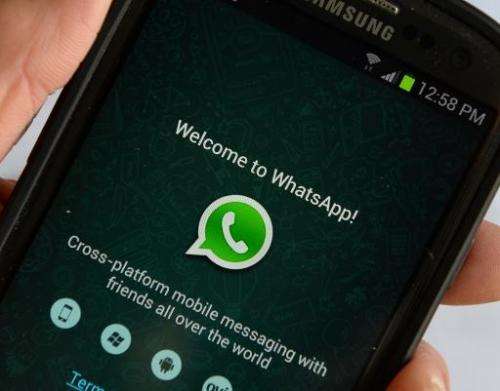In 2014, Facebook made a monumental move by acquiring WhatsApp, a popular messaging app, for a staggering $21.8 billion. This acquisition sent shockwaves throughout the tech industry, with many questioning the rationale behind the massive deal. Despite initial concerns, regulatory bodies ultimately approved the acquisition. In this article, we’ll delve into the reasons behind the approval and explore the implications of this significant merger.
Strategic Rationale
Facebook’s acquisition of WhatsApp was part of a broader strategy to expand its presence in the rapidly growing mobile messaging market. At the time, WhatsApp had approximately 450 million monthly active users, with a strong presence in Europe, Latin America, and Asia. By acquiring WhatsApp, Facebook aimed to:
- Diversify its revenue streams: WhatsApp’s messaging-centric business model offered a new revenue stream for Facebook, reducing dependence on advertising revenue.
- Enhance its mobile capabilities: WhatsApp’s expertise in mobile messaging complemented Facebook’s existing mobile offerings.
- Expand its global reach: WhatsApp’s popularity in emerging markets provided Facebook with a foothold in regions with high growth potential.
Regulatory Approval
The acquisition was reviewed by regulatory bodies in the United States and Europe. Despite initial concerns about competition and data privacy, the deal received approval from:
- US Federal Trade Commission (FTC): The FTC cleared the acquisition in April 2014, concluding that it did not raise significant antitrust concerns.
- European Commission: In October 2014, the European Commission approved the acquisition, citing that Facebook and WhatsApp were not close competitors in the European Economic Area (EEA).
Key Factors Influencing Approval
Several factors contributed to the regulatory approval:
- Complementary services: Facebook and WhatsApp offered distinct services, reducing concerns about competition.
- Limited overlap: The companies’ user bases and revenue streams had minimal overlap.
- Dynamic market: The messaging market was rapidly evolving, with numerous players competing for market share.
- Commitments to privacy: Facebook provided assurances that WhatsApp’s data protection practices would remain unchanged.
Implications and Controversies
The acquisition had significant implications:
- Data sharing concerns: Critics argued that the deal would compromise WhatsApp’s strong data protection policies.
- Market consolidation: The acquisition raised concerns about Facebook’s growing dominance in the tech industry.
- Innovation: The deal sparked debate about the impact on innovation, as smaller companies may struggle to compete with Facebook’s expanded resources.
Conclusion
Facebook’s acquisition of WhatsApp for $21.8 billion was approved due to a combination of strategic rationale, regulatory factors, and the dynamic nature of the messaging market. While controversies surrounding data privacy and market consolidation persist, the acquisition has undoubtedly reshaped the tech landscape. As the industry continues to evolve, regulators and companies must navigate the complex balance between innovation, competition, and consumer protection.


